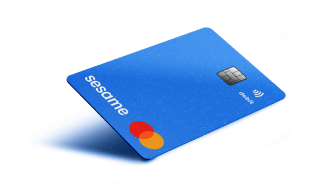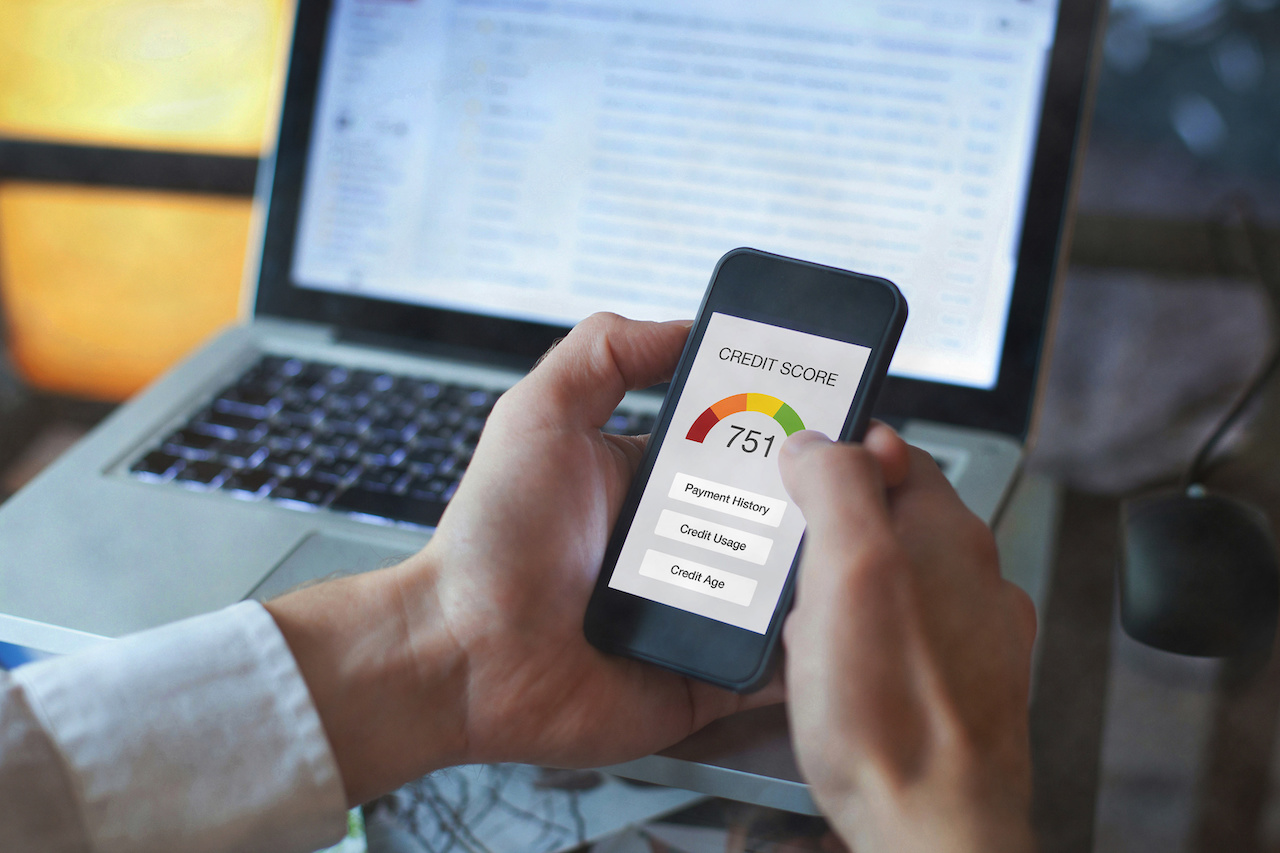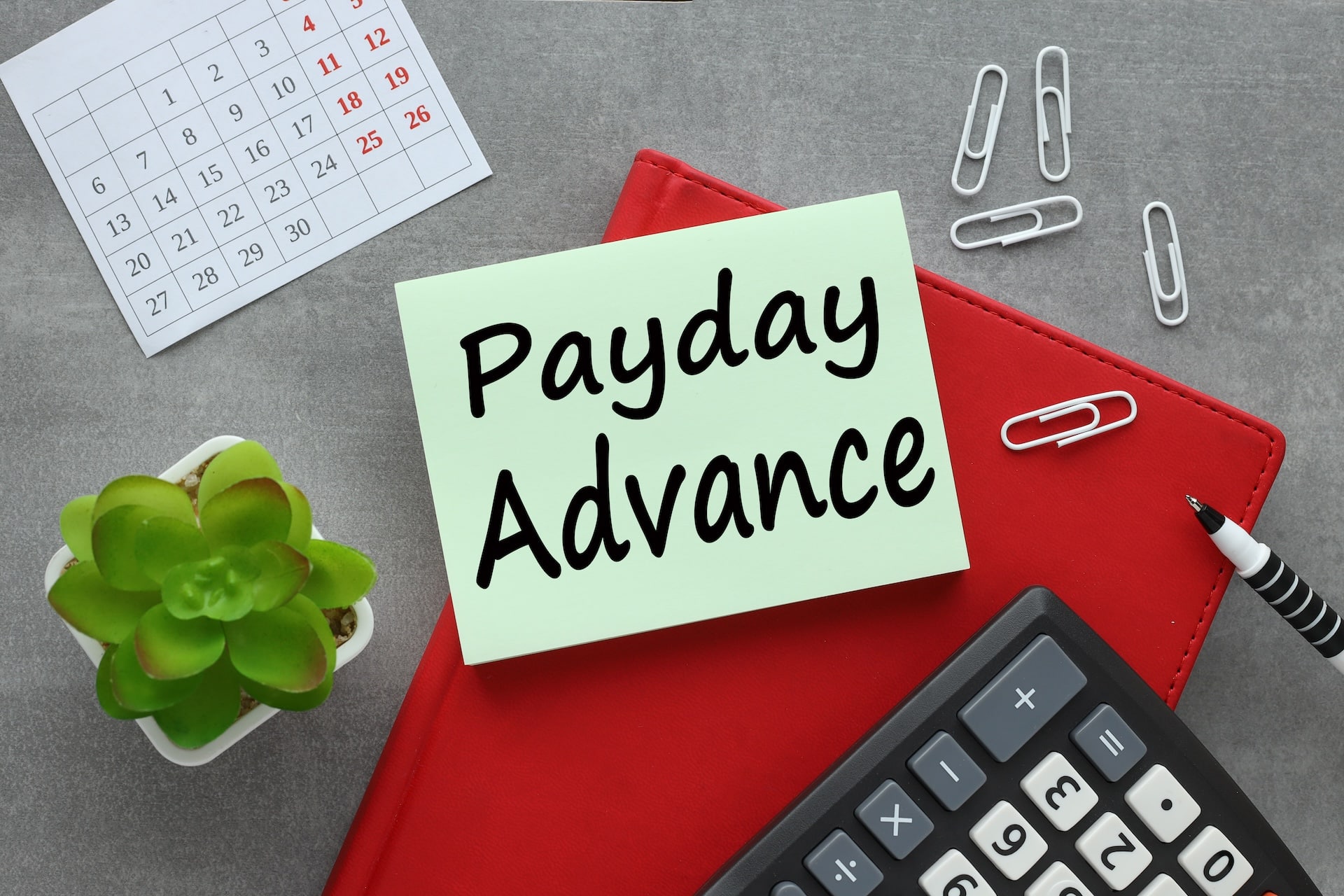Credit Sesame explains all you need to know about the Equifax credit score.
What is Equifax?
Equifax was founded in 1899 by Cater and Guy Woolford under the name Retail Credit Company. Its business was mainly investigating consumers and creating reports for insurance companies and employers. Retail Credit Company became Equifax in 1975. In 1999, it expanded into consumer credit reporting, and today the company is one of three credit major bureaus in the United States (the others are Experian and TransUnion). Equifax’s primary products include:
- Credit reporting and monitoring services
- Marketing analysis and data collection
- Screening and verification for employers
- Fraud prevention
As a credit bureau, Equifax collects enormous amounts of consumer data – including employment, public records, spending, borrowing, identifying information, and even fingerprints – to compile its reports. The data comes from creditors, government entities, employers, and consumers themselves.
Equifax sells its credit reports to lenders, credit card issuers, insurers, consumers, healthcare providers, utilities, and employers. The company also markets its businesses credit reports, analytics, demographic data, credit fraud, identity theft prevention products, and software. In 2021, Equifax logged a record-setting $4.9B in revenue.
How does credit scoring work?
To get any credit score, a lender needs two things – a source of credit data and a credit scoring model. Equifax, TransUnion, and Experian all maintain extensive collections of consumer credit data. Each bureau compiles its data into credit reports. However, a credit report is not a credit score. To get a credit score, a lender runs credit bureau data through a credit scoring model.
The most widely used credit scoring system is the FICO score created by the Fair Isaac Corporation. FICO comes in several versions that are still in use, including FICO 2, 4, 5, which mortgage lenders use, and FICO 8, 9, and 10, which are for general use. There is also the VantageScore, a popular alternative created by all three credit bureaus working together. Finally, there are industry-specific versions of scores – geared toward credit card issuers, for instance, or auto financing.
A consumer can have dozens of credit scores because there are so many combinations of data sources and credit scoring models. Here are some of the most common scores used by creditors to make lending decisions:
What is the Equifax credit score?
Don’t confuse any of the scores listed above with the Equifax credit score. The Equifax credit score does not refer to a FICO or VantageScore number using Equifax data.
So, what is the Equifax credit score?
Equifax developed its own scoring model to help educate consumers. The Equifax credit score is not based on the FICO or VantageScore models. You can use data from any of the big credit bureaus to create an Equifax credit score – not just Equifax data.
The Equifax credit score is not geared toward underwriting and lenders don’t use it. It was created to help consumers estimate their creditworthiness and general financial health.
How does Equifax’s credit score work?
Equifax’s credit scoring model is developed and owned by Equifax. You can get an Equifax credit report any time if you enroll in the Equifax Complete Premier credit monitoring service. The package includes identity theft protection, insurance, annual access to a three-bureau VantageScore, and anytime access to a one-bureau VantageScore and Equifax credit reports. Equifax currently offers a 30-day trial for $4.95; the normal cost is $19.95 per month.
How accurate is the Equifax credit score?
The accuracy of any credit score depends on the completeness and correctness of the data being analyzed. Credit scoring models have more similarities than differences, and if you apply all scoring models to the same set of data, your scores should be similar.
You tend to see greater differences among scores when scoring models are applied to different databases. For instance, FICO 5 works with data from Equifax, while FICO 2 pulls in data from Experian and FICO 4 uses TransUnion’s database. The results from FICO 5, 4, and 2 may vary because all creditors don’t necessarily report to all three bureaus. TransUnion might have information about a late payment when Experian doesn’t.
Another reason that scores might vary is that creditors don’t always report to each bureau at the same time. So each bureau might show a different balance on the same account, and that can impact your credit utilization and your credit score.
The Equifax credit score is an educational credit score. Educational credit scores have been shown to differ significantly from those that lenders use to make underwriting decisions. According to the Consumer Financial Protection Bureau (CFPB), educational credit scores sold by credit bureaus to consumers differ from those used by lenders by a “meaningful” amount about 20% of the time. “Meaningful” means the two scores would have resulted in different underwriting decisions or loan pricing.
What is Equifax’s credit score used for?
The Equifax credit score is useful for consumers who want to track their progress as they work to improve or protect their credit score. It’s a reasonable proxy for other scoring models and should trend up or down in the same way that they do.
Educational credit reports create a “soft” inquiry, which means checking your credit doesn’t harm your score. That means you can check your credit as often as you like. Equifax says, “Although your credit scores may appear differently to lenders based on a variety of factors, it is still smart to check them yourself. By focusing on the key factors in your credit reports — such as payment history, credit card use and length of credit history — you can get a solid sense of your financial standing in the eyes of a lender.”
By checking your credit report and score before borrowing, you can:
- Review your payment history, balances and other records for accuracy
- Have mistakes corrected before a lender sees them
- Obtain an estimated credit score that you can use to shop for lending products
- Apply for credit geared to consumers with your credit profile and skip offers not suitable for you
Checking an educational score without generating a “hard” inquiry helps you avoid ugly surprises and makes applying for credit more predictable and less stressful.
Equifax’s credit score range
Equifax credit score model uses a numerical range between 280 and 850, while FICO and the latest VantageScore models use a range between 300 and 850. What is a good Equifax credit score? Anything 660 and higher.
Here are the Equifax credit score ranges:
- Poor: 280-559
- Fair: 560-659
- Good: 660-724
- Very Good: 725-759
- Excellent: 760-850
Here are FICO score ranges:
- Poor: 300-579
- Fair: 580 – 669
- Good: 670-739
- Very good: 740-799
- Exceptional: 800-850
And these are the VantageScore tiers:
- Very poor: 300-499
- Poor: 500-600
- Fair: 601-660
- Good: 661-780
- Excellent: 781-850
In all cases, higher credit scores indicate lower credit risk.
Equifax vs. TransUnion & Experian
Equifax, TransUnion, and Experian are all credit bureaus that collect consumer data and compile credit reports. Each bureau’s database is unique and the information available depends on which creditors report and when they submit their data.
| Experian | Equifax | TransUnion |
| Most widely used version or credit score | ||
| FICO® Score 8 | FICO® Score 8 | FICO® Score 8 |
| Versions used in auto lending | ||
| FICO® Auto Score 9 | FICO® Auto Score 9 | FICO® Auto Score 9 |
| FICO® Auto Score 8 | FICO® Auto Score 8 | FICO® Auto Score 8 |
| FICO® Auto Score 2 | FICO® Auto Score 5 | FICO® Auto Score 4 |
| Versions used in credit card underwriting | ||
| FICO® Bankcard Score 9 | FICO® Bankcard Score 9 | FICO® Bankcard Score 9 |
| FICO® Bankcard Score 8 | FICO® Bankcard Score 8 | FICO® Bankcard Score 8 |
| FICO® Bankcard Score 2 | FICO® Bankcard Score 5 | FICO® Bankcard Score 4 |
| FICO® Score 9 | FICO® Score 9 | FICO® Score 9 |
| FICO® Score 3 | ||
| Versions used in mortgage lending | ||
| FICO® Score 2 | FICO® Score 5 | FICO® Score 4 |
| Newly released versions | ||
| FICO® Score 10 | FICO® Score 10 | FICO® Score 10 |
| FICO® Score 10 T | FICO® Score 10 T | FICO® Score 10 T |
| FICO® Auto Score 10 | FICO® Auto Score 10 | FICO® Auto Score 10 |
| FICO® Bankcard Score 10 | FICO® Bankcard Score 10 | FICO® Bankcard Score 10 |
All three bureaus provide a free credit report each year to consumers through the government’s annualcreditreport.com website. (Currently, because of COVID-related financial disruptions, consumers can pull free weekly credit reports until the end of 2022.)
However, Equifax is the only one of the three bureaus that created a proprietary credit scoring model for educational purposes.
TransUnion offers free continual access to a VantageScore credit score and TransUnion credit report if you sign up for credit monitoring and fraud prevention services for $24.95 per month. Accessing your report does not generate a “hard” inquiry and it does not hurt your credit scores.
Experian offers a free credit report and FICO 8 score using Experian’s data if you sign up for its free basic credit monitoring. If you sign up for Experian CreditWorks℠ Premium ($24.95 a month), you get access to FICO scores using reports from all three bureaus and Experian’s FICO 2 score, which mortgage lenders use.
| Free services | Monitoring service cost (per month) | Monitoring benefits | |
| Equifax | $19.95 | 1-bureau credit report and VantageScore, annual 3-bureau credit report and VantageScores, 3-Bureau credit file monitoring, Equifax credit report lock, Social security number monitoring, ID restoration, Up to $1M ID theft insurance, Stolen funds replacement | |
| Experian | Monitoring of Experian credit report, monthly Experian credit report and FICO score, Experian Boost | $24.95 | Daily Experian credit report, monthly 3-bureau report with FICO scores, Experian CreditLock, real-time inquiry alerts, dark web surveillance, $1m ID theft insurance, fraud prevention, lost wallet assistance, ID theft monitoring and alerts |
| TransUnion | $24.95 | Unlimited score and report access for all 3 bureaus, CreditCompass™ to help boost scores, real-time inquiry monitoring, lock and unlock Experian and TransUnion reports, personalized debt analysis and credit score trending, toll-free access to ID theft specialists, up to $1M ID theft insurance | |
Check your credit score for free with Credit Sesame
Credit Sesame offers a truly free credit report. You will not have to provide credit card information. Also included:
- Free credit monitoring
- Free transaction alerts
- Access your credit score (source: TransUnion credit report) daily
- Data encryption – the same 256-bit system used by banks
- Privacy protection (your information is not sold to third parties for marketing)
- Credit offers that include the odds of approval
- Optional Sesame Cash Digital Debit Account
- User-friendly app with over 300,000 five-star reviews
There are many sources of free credit reports, and they have varying degrees of accuracy. To recap:
- There is no one credit score. Most consumers have dozens of credit scores.
- It takes two items to generate a credit score – a report from a credit bureau and a credit scoring model.
- Creditors decide which credit scoring model and version they use.
- There are industry-specific scoring models geared to sectors like auto financing, mortgages, or credit cards.
- Educational credit scores for consumers are not used by lenders to make underwriting decisions.
- Educational credit scores and reports can tell you what information lenders are seeing and how your credit scores are trending.
All three credit bureaus house your credit data and all three offer free and paid services. The right one for you depends on how closely you want to monitor your files and how much you want to pay.




















